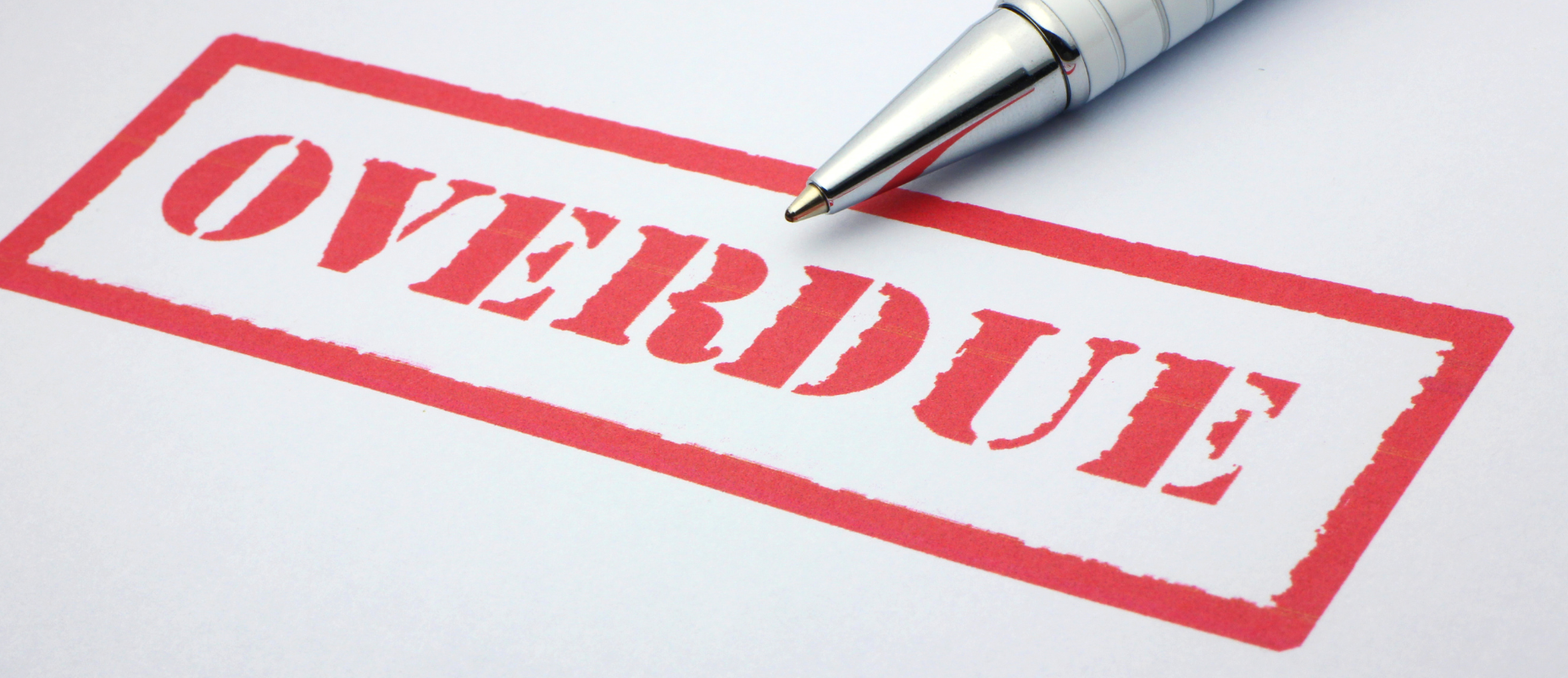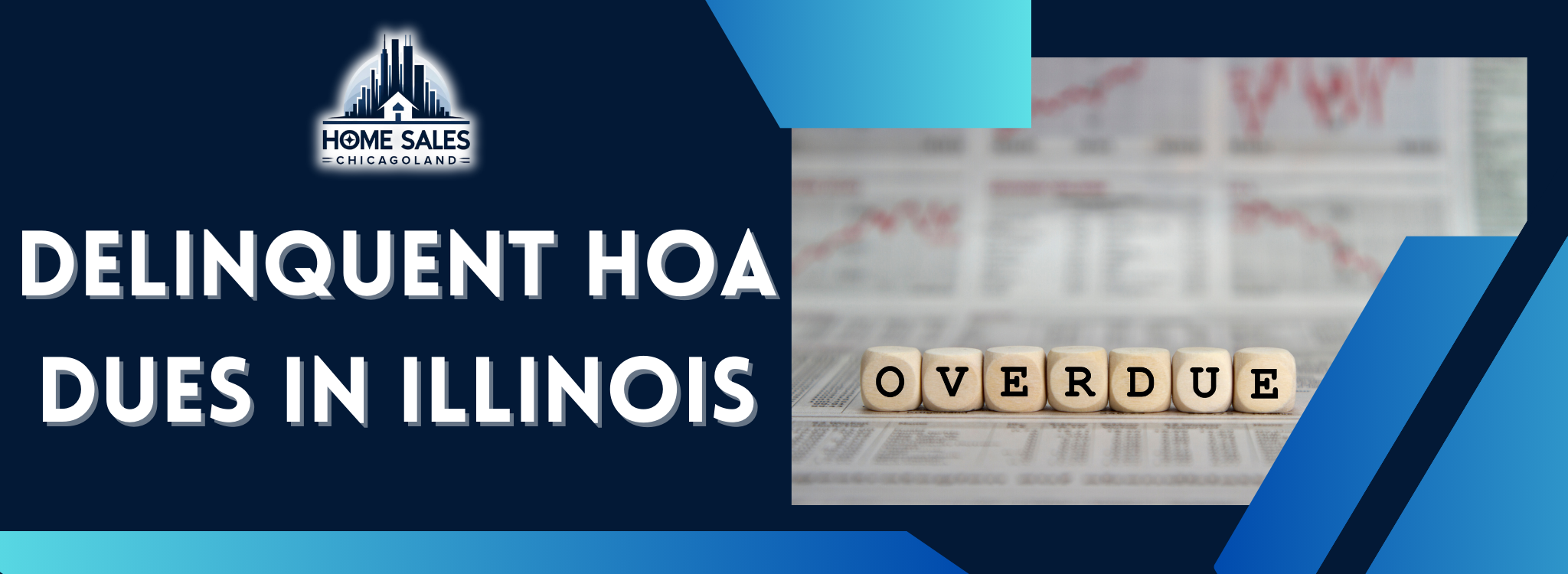
Recovering Delinquent HOA Dues in Illinois: A Comprehensive Guide
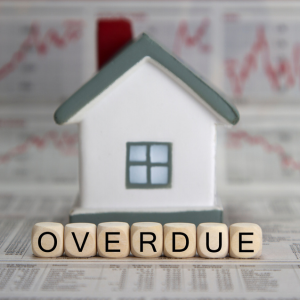
Community associations in Illinois struggle to collect unpaid HOA dues. HOA assessment arrears burden the community by increasing the cost of common areas and amenities. The association must collect unpaid dues delicately but effectively to stay financially stable and protect property owners’ rights. Association management must have a solid collections strategy and hire a professional firm to collect delinquent accounts. A comprehensive recovery strategy includes communicating, following up, and sometimes suing to collect debts. Before pursuing liens or foreclosure, associations may consider mediation.
Mediation settles disputes amicably and proposes mutually beneficial payment plans. To leniency can worsen delinquency, so community management must balance compassion and business. Nonpayment harms both finances and association morale. State-specific legal provisions can assist Illinois community associations in reducing delinquency. Professional partner Axela Technologies enables associations to collect delinquent HOA accounts efficiently. Associations in Illinois must understand the consequences of laws that allow them to foreclose on persistently delinquent accounts. To collect, associations must issue notices and pursue dues. Managing Illinois HOA dues during recovery necessitates caution and knowledge.
Understanding the Law Surrounding HOA Fees
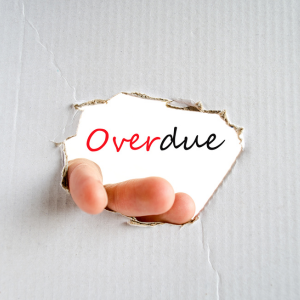
Consider several factors to understand Illinois HOA fee law. Homeowners’ associations (HOAs) manage the community and property. Their operations depend on HOA fees for maintenance and other communal duties. Understanding how laws like the Illinois Condominium Property Act affect these fees is crucial. This act defines the rights and responsibilities of the association and its members. Property owners should understand how associations assess these fees and the consequences of late payments.
The association can enforce fee collections through lien and foreclosure. When dues are unpaid, the association can lien a condo or home. Users should also know that neglecting these obligations can have serious financial consequences. Consult the association’s governing documents for fee details. Knowing your rights as a community member and property owner can help avoid legal issues. If you owe dues, seek legal advice to avoid legal action.
Although the laws are usually in English, their interpretation can be complicated, requiring legal advice. Proper legal review helps property owners maintain the harmonious living environment promoted by the housing association. Understanding these laws empowers you to manage your property and finances effectively.
Examining the Benefits of Mediation Before Litigation in Illinois
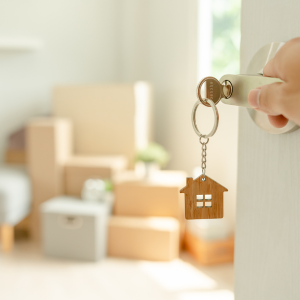
Illinois associations with delinquent HOA dues benefit from mediation. Mediation is a cost-effective and amicable alternative to litigation for resolving disputes over unpaid dues between the association and the unit owner. Mediation protects rights and promotes open communication within the community. This approach balances HOA management interests with property owner rights, adhering to HOA rules. Mediation can help delinquent owners identify the causes and find mutually beneficial solutions without litigation.
The Illinois Condominium Property Act and other laws encourage mediation before litigation to help communities resolve conflicts quickly and peacefully. HOA dues and assessments can cause tension, but mediation helps everyone talk calmly. It promotes community unity and spirit by encouraging collaboration. With good communication, the association can avoid costly and time-consuming litigation by mediating unpaid dues.
Mediation can improve understanding and resolve all parties’ concerns by addressing each unit owner’s concerns. Safeguarding the association’s interests aligns with the principles and objectives of Illinois community standards. Associations should consider mediation a non-confrontational, effective way to address delinquency before suing to keep members united in purpose and function.
Delinquency and Its Impact on HOA Members
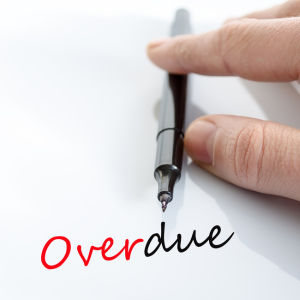
Illinois Homeowners Association members suffer from delinquency in the long term. All HOA members are affected by unpaid dues. The governing body needs these assessments to maintain shared amenities and a desirable neighborhood. The Illinois Condominium Property Act governs delinquent accounts. Compliant residents may pay higher fees to cover delinquency. It can also hinder community funding for essential projects and maintenance, lowering property values. Besides the financial impact, this can strain community relations by increasing tensions as the burden grows.
The HOA board should establish prudent delinquency policies. Unit owners must pay dues on time per association bylaws. Unpaid assessments can lead to liens and community tension. The HOA may face lawsuits for failing to meet maintenance levels in their jurisdiction. Illinois HOAs can resolve delinquent issues through mediation or pre-litigation. Meeting these challenges requires open communication and collaboration from members. Collaboration can mitigate unpaid dues and boost community growth. The association must actively manage delinquency to protect members and meet commitments.
What Happens If You Don’t Pay HOA Fees in Illinois?
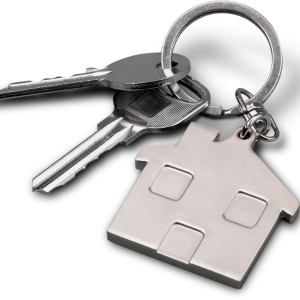
Illinois homeowners who fail to pay HOA fees face severe consequences for themselves and the association. Delinquent payments can accumulate debt, which Illinois state laws take seriously. Due to unpaid balances, homeowner associations may take collection action to recover the debt. The Illinois Condominium Property Act allows associations to charge late fees and interest and sue to collect. Ignoring HOA assessments can result in property liens.
Unpaid dues could result in legal action and eviction from the association. Although uncommon, evictions for delinquent dues are a last resort when significant debt remains unpaid. Illinois community associations charge fees to maintain common areas and amenities; delinquencies affect everyone. If a homeowner is experiencing financial difficulties, they should contact their associations to discuss payment options.
Nonpayment can harm a homeowner’s credit score because associations may report unpaid fees to credit bureaus. Understanding the implications and responsibilities of owning property in an association community is essential. The Illinois law provides associations with various collection tools to manage delinquent dues while ensuring community integrity and financial stability; paying HOA dues on time benefits all homeowners.
The Role of Axela in Managing Delinquent HOA Accounts
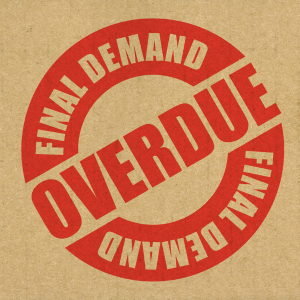
Dellegent accounts can plague any Illinois HOA. Debt collection and bankruptcy await unit owners who need assessments. Specialized management services from Axela help associations recover delinquent owners quickly. With cutting-edge technology and a holistic approach, Axela helps associations fight delinquency. Their expertise aids community associations in fair and efficient recovery.
Association management teams save time with Axela’s assessment collection. Customizing method
Customized solutions from Axela help community associations recover delinquent accounts without straining unit-owner relationships. They recover deposits and teach owners to pay on time to avoid delinquency. Axela’s proactive management prevents future issue-related legal proceedings like bankruptcy and protects community finances.
Axela supports Illinois HOAs and condo associations financially. The association’s cash flow is protected from missed payments, ensuring projects and standard area maintenance. Management helps them create community-specific strategies. The goal is to manage delinquent accounts efficiently and maintain community relations. When recovering delinquent dues, community associations trust Axela to balance unit owner obligations and the association’s finances, which is problematic.
Who Is Responsible for HOA Dues After Foreclosure in Illinois?
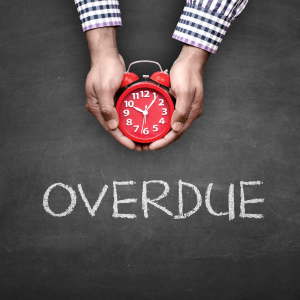
Who pays HOA dues in Illinois can complicate foreclosure. Accountability for unpaid assessments arises after foreclosure. When a property is part of a homeowners association in Illinois, the new owner is typically responsible. State law states that unpaid HOA dues become the new property owner’s responsibility after foreclosure. Although delinquent, the governing association has recovery strategies to collect these dues. Illinois law transfers unpaid assessments after foreclosure. The foreclosure lifts the previous owner’s financial obligations, but the community’s finances may suffer if the new owner defaults on dues. This scenario may prompt the governing board to consider unit liens as a recovery option. A lien can collect unpaid debts by requiring the new owner to pay before reselling.
The Illinois HOA association collects these assessments legally. Community financial stability is crucial despite foreclosure. Homeowners associations can address non-payment issues through legal means to protect community finances. Understanding that state law provides guidance, but community governing documents may outline specific processes is crucial. As a HOA board member or prospective property owner, you must understand the association’s right to collect unpaid debts. By knowing who pays HOA dues post-foreclosure in Illinois, board members and new homeowners can better navigate these financial waters.
Possible Actions by the Association for Unpaid Dues
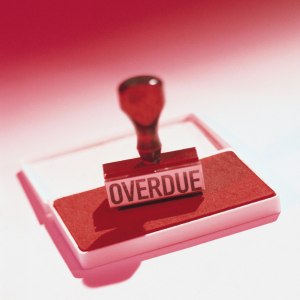
Illinois HOAs have several options for collecting unpaid dues and staying afloat. Initially, association management gently reminds owners about unpaid assessments. Contacting the owner via mail or phone may be necessary. If these efforts fail, the association may require more structured methods for collecting unpaid dues. Legal resources are available to Illinois communities. A HOA dues collection agency is one option. The experts understand Illinois’ unpaid dues law. The association can file a property lien. A lien on the owner’s property may motivate them until they pay the debt.
The association can file for lien foreclosure and evict the owner when a debt goes unpaid. Illinois law governs foreclosure and eviction procedures to ensure homeowners follow them correctly. The Illinois Condominium Property Act governs how associations handle delinquent dues. To avoid legal issues, the association must provide the process is legal. Before taking drastic action, the owner may seek mediation to resolve their problems without legal ramifications. For the community’s financial health, Illinois associations must balance taking action against unpaid dues and empathizing with each owner’s situation, sometimes using flexible plans to bring accounts back on track.
Illinois Condo and HOA Lien Foreclosure: Key Insights
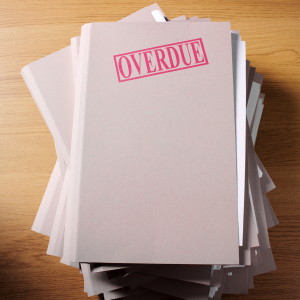
Community associations and unit owners must understand Illinois condominium and HOA lien foreclosure. Delinquent assessments can be resolved by Illinois governing associations through lien foreclosure. Illinois condominium property law governs unpaid fees and community funds. State law allows HOAs to collect delinquent dues for condo maintenance. Unpaid assessments can cause foreclosure, but you must know the consequences. Before foreclosure, the association should attempt mediation with the delinquent owner. If these efforts fail, the association can legally foreclose on the lien.
Banks and associations take ownership after foreclosure and cannot collect debt from the original owner. Illinois owners must understand their role and the consequences of late assessments, which can affect their association status. Illinois law requires clear notice and an opportunity for owners to fix the problem before lien foreclosure. The unit owner and association should know their state-act rights and responsibilities. Effective collection strategies and legal compliance can prevent foreclosure, benefiting the owner and community. By understanding Illinois condo and HOA lien foreclosure, associations can improve communication, financial health, and state law compliance.
Understanding the Rights of the Property Owner in Illinois
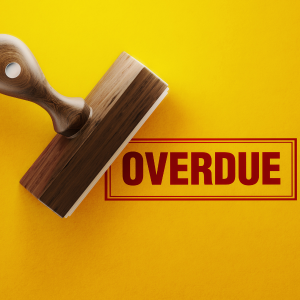
Property owners must understand Illinois HOA laws. States protect both community associations and property owners to strike a balance. Homeowners should read their HOA documents to learn about their rights under the Illinois Condominium Property Act. This act clarifies the rights and responsibilities of unit owners in the event of financial hardship or delinquency.
Many property owners are concerned about penalties for late HOA dues. Illinois law protects homeowners from excessive association power to ensure fairness. Financially distressed owners must negotiate debt relief with the HOA. The law allows the community association to recover dues while limiting owners’ hardship.
Illinois law mandates transparency in delinquent property lien and foreclosure proceedings. Owners deserve adequate notice and the opportunity to challenge association wrongdoing. Knowing the law and communicating with the HOA board can help homeowners protect their property. All community association unit owners should understand their state-law rights and responsibilities. Cooperation is required when exercising one’s legal rights. Understanding Illinois homeowner rights can help you resolve HOA issues.
Finally, Illinois HOA delinquency management necessitates legal and community knowledge. Associations can avoid debt by tracking Illinois HOA assessments and engaging homeowners. The HOA board must be proactive in resolving issues both legally and verbally. Making delinquent account management easier encourages community harmony and financial stability. Illinois HOA lawyers can help.
This information applies to Illinois and its cities, including Chicago, Elmhurst, and Joliet. For assistance or questions, please call us at (773) 663-4505. You can also visit our website at Home Sales Chicagoland for more details.
Resources To Help Sell Your House in Illinois

